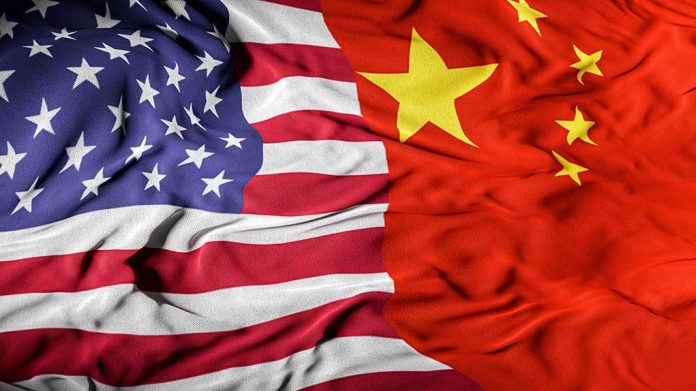
In a strategic move aimed at curbing espionage risks, the U.S. government has enacted a non-fraternization policy affecting American personnel in China.
Key Takeaways
- The U.S. government has banned romantic or sexual relationships between American personnel in China and Chinese nationals.
- This policy applies to U.S. government personnel, their families, and contractors with security clearances.
- Violations lead to immediate expulsion from China, highlighting the policy’s strict enforcement.
- The directive, reminiscent of Cold War measures, aims to address espionage concerns.
- Personnel in pre-existing relationships must apply for exemptions; non-compliance means ending the relationship or leaving their position.
Policy Details and Scope
The U.S. government has officially implemented a stringent non-fraternization policy for its personnel stationed in China. This ban covers romantic or sexual relationships with Chinese nationals and is applicable to U.S. government officials, their families, and contractors who possess security clearances. This approach is similar to Cold War-era restrictions and impacts every American mission in mainland China and Hong Kong.
Nicknamed “honeypot” operations have historically exploited personal connections to obtain sensitive information. The new measure was enacted by outgoing U.S. Ambassador Nicholas Burns, just before President Trump assumed office, underscoring the ongoing geopolitical tensions.
Compliance and Consequences
Personnel violating this policy face immediate expulsion from China, demonstrating the policy’s strict enforcement. However, an exemption process exists for individuals already engaged in relationships with Chinese nationals before the policy became effective. Applications for exemptions must be approved, otherwise affected individuals must either end the relationship or resign from their position.
While the policy was communicated internally, it has not been publicly announced. With no official comment from the State Department, this move is quietly upheld. Concerns over Chinese intelligence efforts using relationships for espionage have driven this response.
Historical Context and Future Implications
This directive hearkens back to Cold War practices that were relaxed after the Soviet Union’s collapse. Nonetheless, rising tensions and national security concerns have rejuvenated strict measures. Recent geopolitical issues have tightened controls on American and Chinese personnel, with similar restrictions imposed by China on their overseas staff.
Both countries manage relationships of their personnel abroad carefully, prioritizing national security. This policy’s unveiling occurs against a backdrop of tightened security measures on both ends, influenced by persistent espionage threats and bilateral tensions that remain a notable feature of U.S.-China relations.
Sources
1. US bans government personnel in China from romantic or sexual relations with Chinese citizens
2. US bans government personnel in China from romantic or sexual relations with Chinese citizens




